AeroGenie — Your Intelligent Copilot.
Trending
Categories
Turkish Airlines May Replace Boeing 737 MAX Order with Airbus Jets Amid Engine Supply Dispute
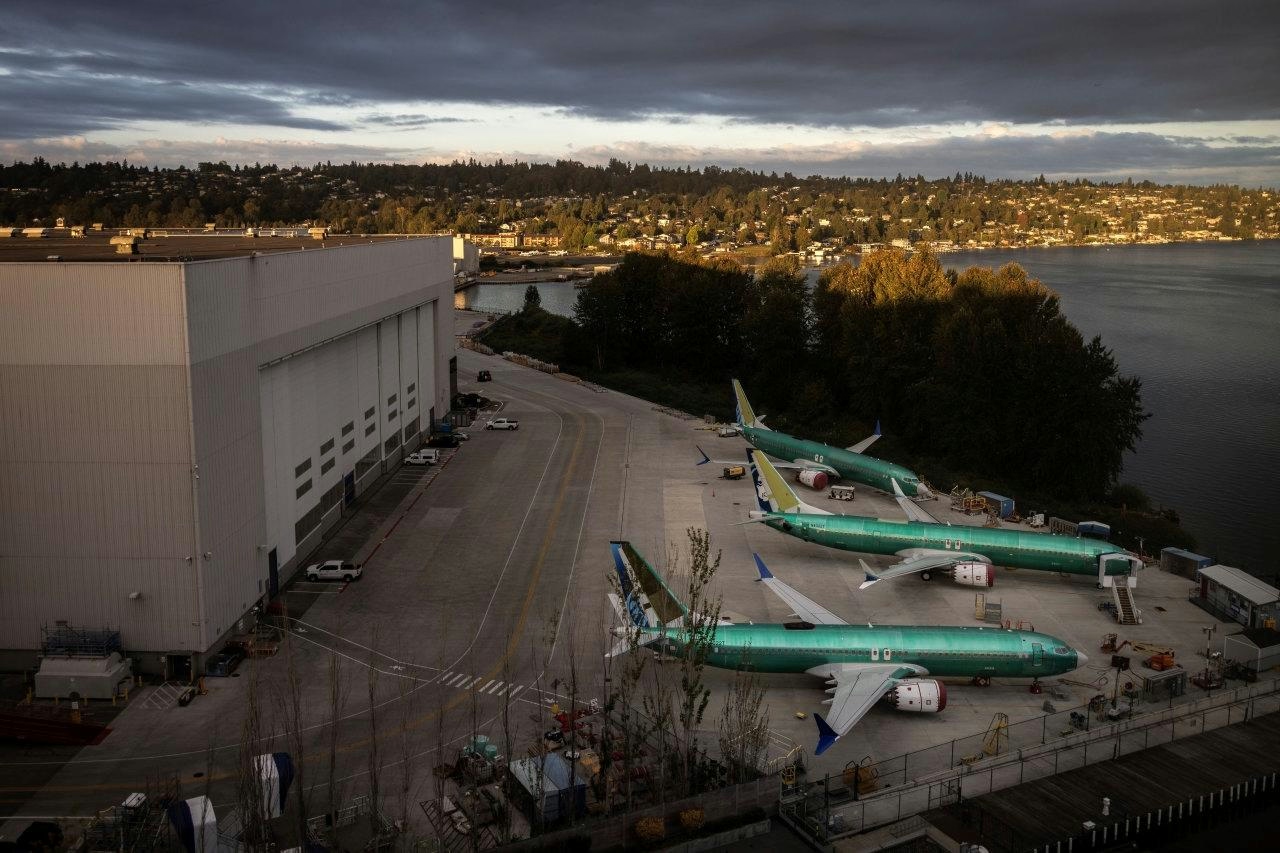
Turkish Airlines Considers Replacing Boeing 737 MAX Order with Airbus Jets Amid Engine Supply Dispute
Turkish Airlines is reportedly contemplating a significant shift in its aircraft procurement strategy, potentially replacing its order for Boeing 737 MAX jets with Airbus models. This reconsideration stems from ongoing disagreements with engine supplier CFM International, a joint venture between GE Aerospace and Safran, over the economic terms for the LEAP-1B engines that power the 737 MAX family.
Engine Supply Dispute and Its Impact
CFM International holds exclusive rights to supply engines for the Boeing 737 MAX series, whereas Airbus’s A320neo family offers airlines the flexibility to choose between CFM’s LEAP-1A and Pratt & Whitney’s GTF engines. Turkish Airlines Chairman Ahmet Bolat highlighted this distinction, stating that unless CFM agrees to more favorable financial conditions, the airline may pivot to Airbus, which provides greater engine options. Bolat remarked, “If CFM comes to feasible economical terms then we are going to sign with Boeing. If CFM continues its stance, we’ll change to Airbus. With Airbus I have choices.”
This dispute unfolds amid a challenging environment for the global aviation industry, where airlines are grappling with soaring post-pandemic passenger demand alongside persistent aircraft and engine supply constraints. Shortages and maintenance delays have escalated operational costs and complicated supplier negotiations, intensifying tensions between carriers and manufacturers.
Potential Shift in Fleet Strategy
Turkish Airlines had previously negotiated to acquire up to 150 Boeing 737 MAX aircraft, supplementing a separate agreement for as many as 75 Boeing 787 Dreamliners. However, the 737 MAX order remains conditional on resolving the engine supply issues with CFM International. Should these talks falter, the airline is poised to redirect its order towards Airbus, likely favoring the A320neo or A321neo models—aircraft for which it already holds substantial commitments.
Current fleet data from ch-aviation indicates that Turkish Airlines operates a mixed narrowbody fleet comprising 116 Boeing 737 family aircraft, including 69 737-800s, 15 737-900ERs, 27 737 MAX 8s, and five 737 MAX 9s. On the Airbus side, the airline flies various A319, A320, and A321 models and awaits delivery of 210 A321neos and two A320neos. A switch to Airbus for the 737 MAX order would increase Turkish Airlines’ A320neo family backlog to 362 aircraft.
Broader Market Implications
The resolution of this dispute carries significant implications beyond Turkish Airlines’ fleet composition. It could influence the stock performance of Boeing and Turkish Airlines and prompt other carriers to reassess their own fleet acquisition strategies amid ongoing supply chain challenges. As the aviation sector continues to navigate these complexities, Turkish Airlines’ decision may serve as a bellwether for how airlines manage supplier negotiations and fleet planning in a constrained market.
Requests for comment have been made to Turkish Airlines, GE Aerospace, and Safran.
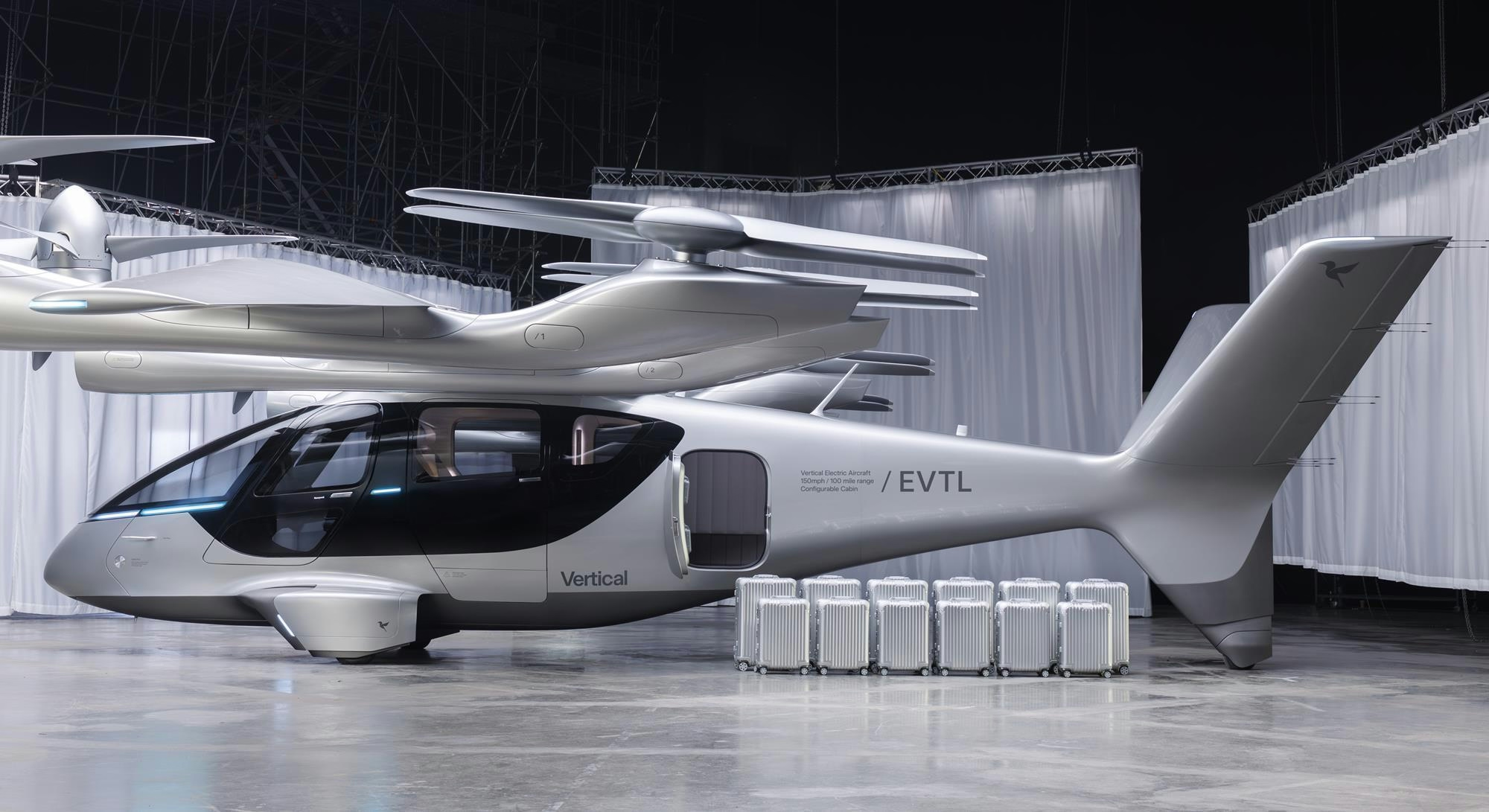
Archer Aviation Sues Vertical Aerospace Over Valo Air Taxi Design, Impacting Major Airlines

Philippine Airlines Reduces Wait Times Using AI Contact Center
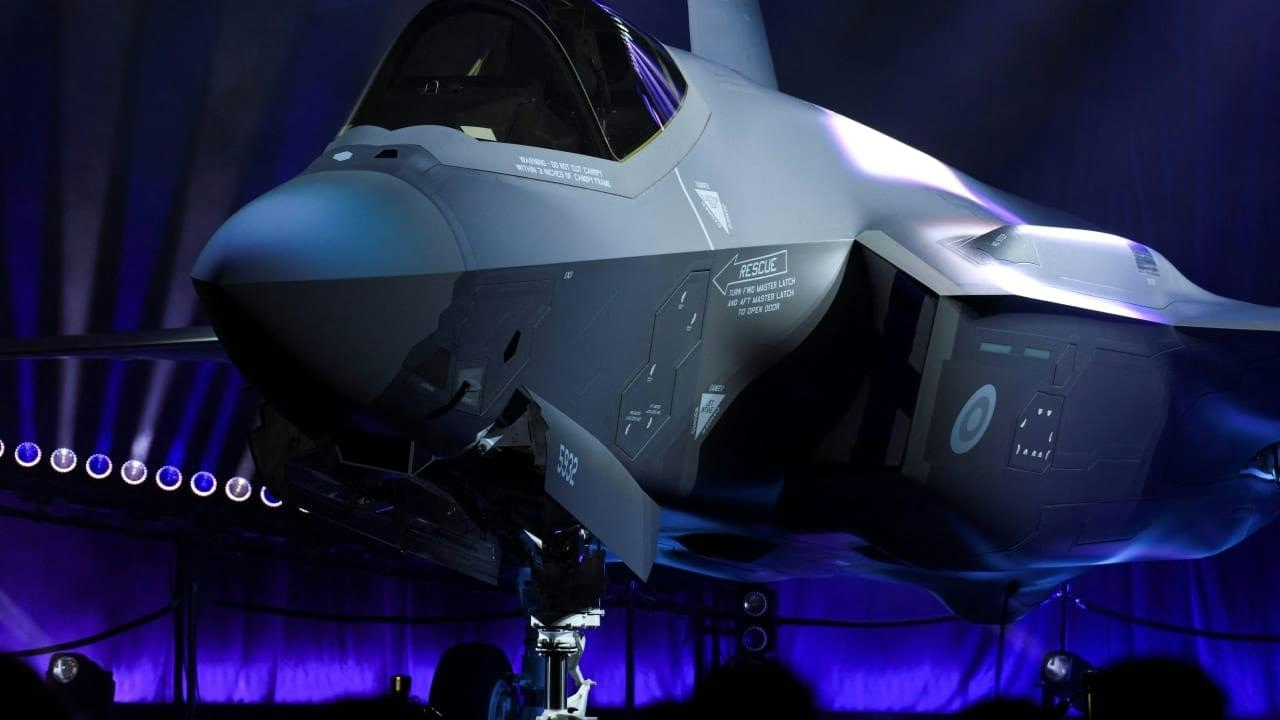
Advanced Fighter Jet Integrates AI for Threat Detection

Air Canada Begins Repatriation Flights from Puerto Vallarta Amid Cartel Violence

ANAC Launches Public Consultations on Reliability-Based Maintenance Rules
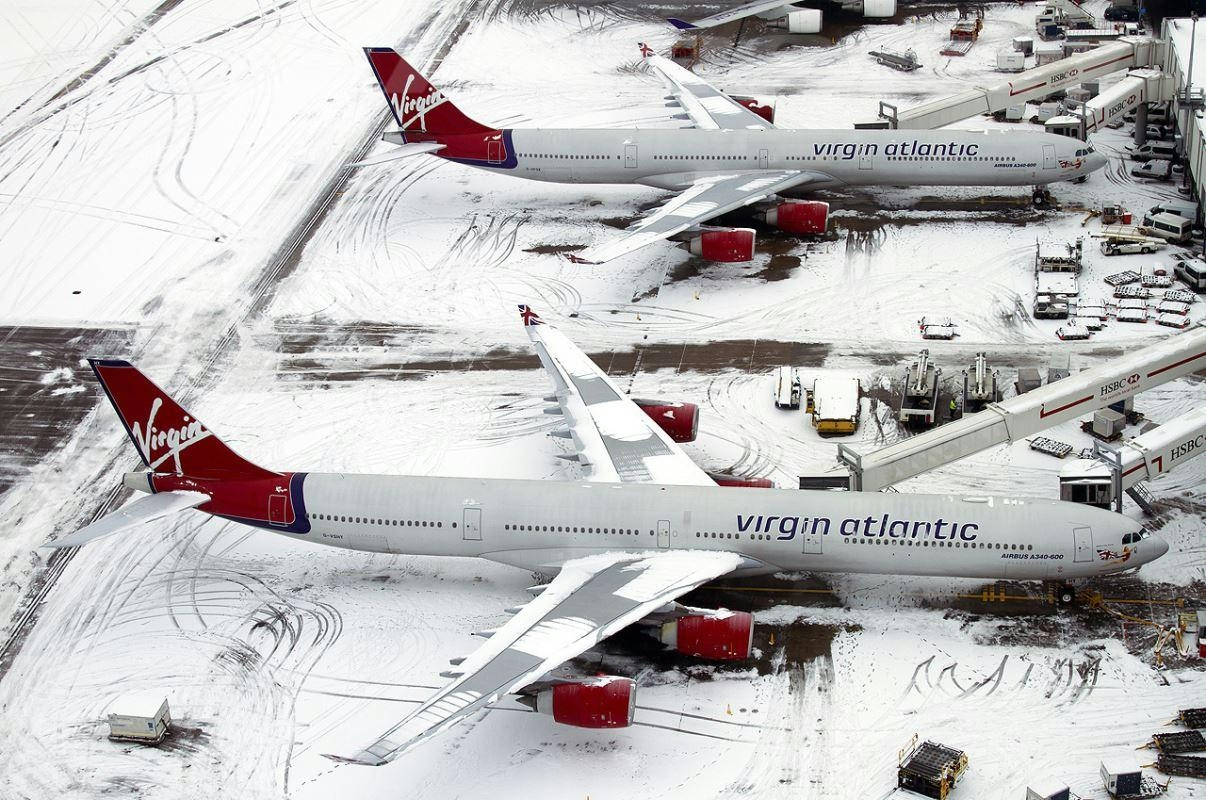
Do the Airbus A380 and A340-600 Share the Same Engines?
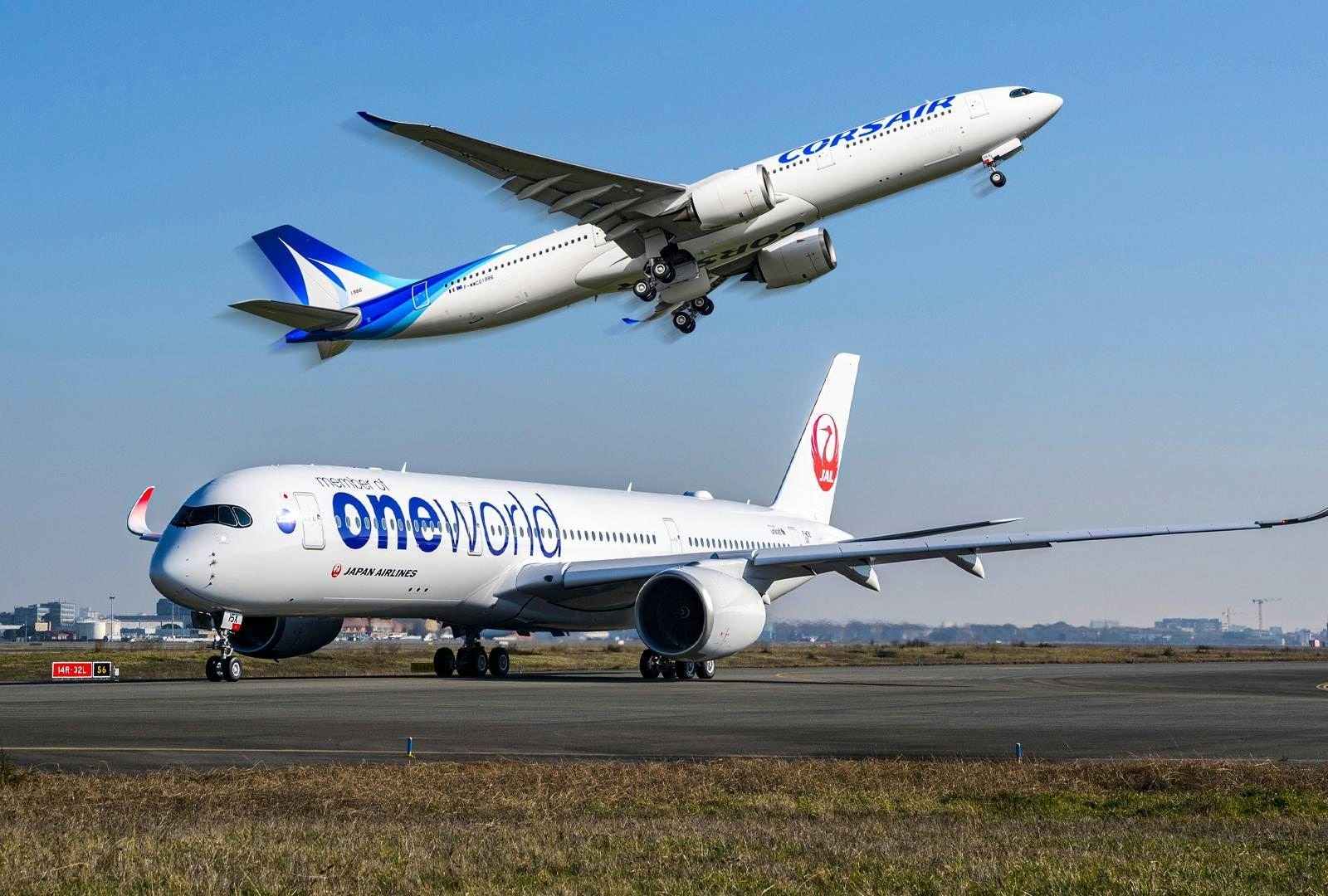
Comparing the Size of the Airbus A350-900 and A330-900neo
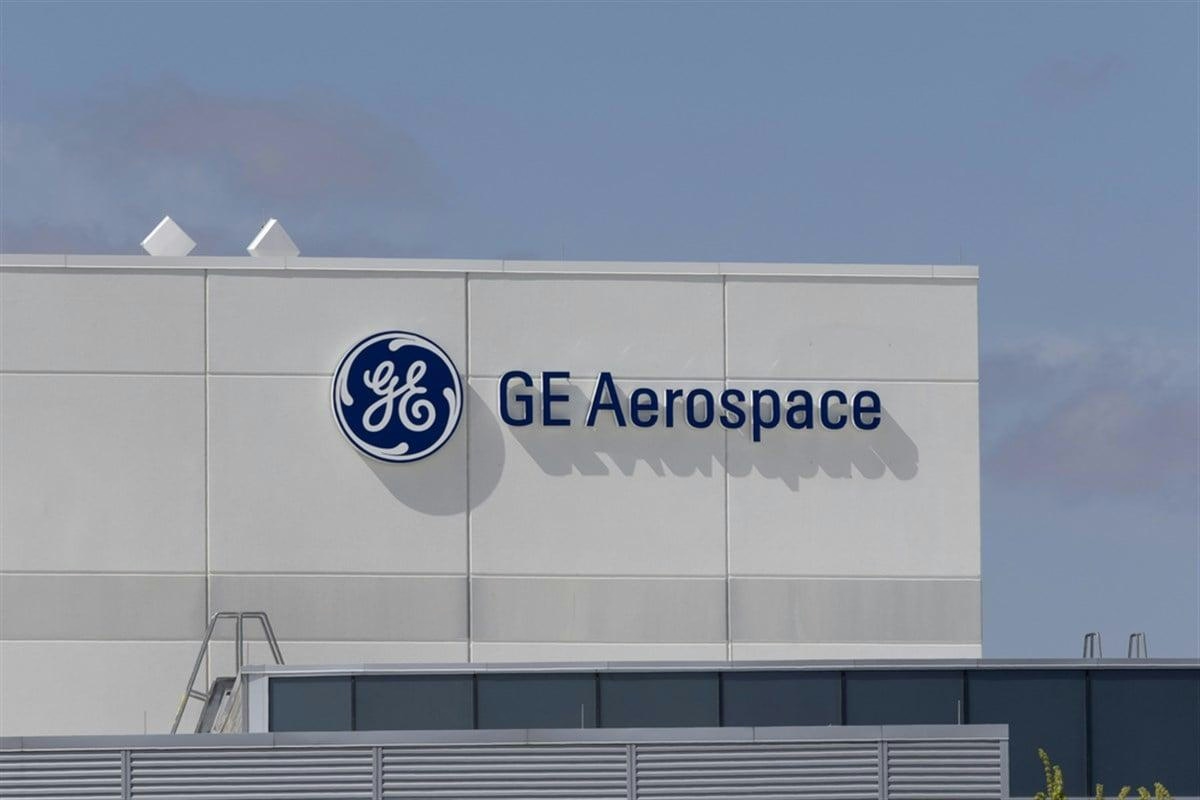
Comparing GE Aerospace and RTX in the Aerospace and Defense Sector
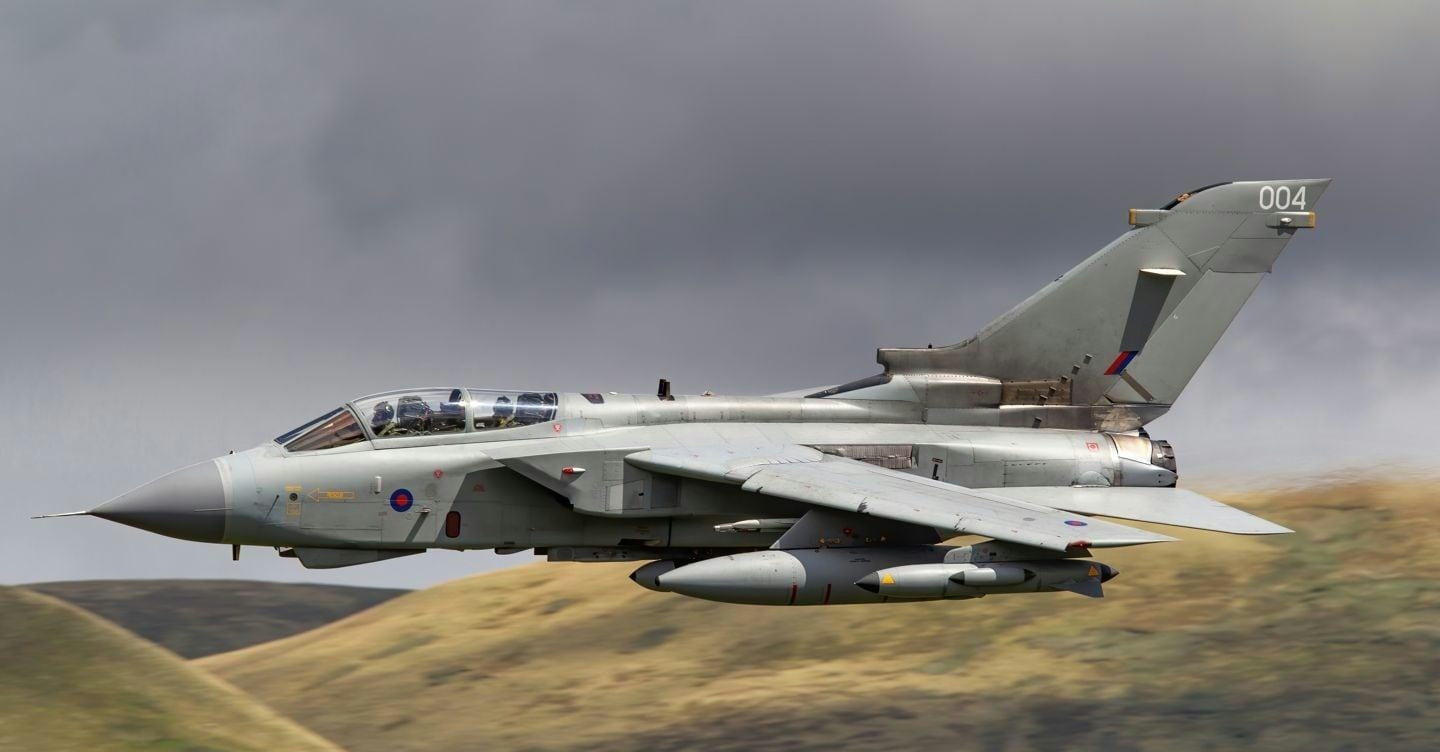
Italy Investigates Disappearance of €17 Million in Tornado and C-130 Aircraft Parts

Thunder Bay Company Receives $1.5 Million for Aviation Hangar
